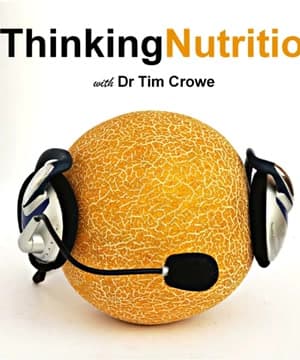How does sugar affect our biology?
Sources:
Sugar significantly impacts our biology in various ways:
-
Insulin Resistance: Consistently consuming high amounts of sugar leads to insulin resistance, where cells become less responsive to insulin. This causes the body to produce more insulin, which contributes to fat storage, slower metabolism, and increased hunger. Long-term, this condition can progress to prediabetes and type 2 diabetes 1 2.
-
Fat Storage: Excess sugar that isn't immediately used for energy or stored as glycogen is converted to fat. This contributes to weight gain and obesity, as well as increased visceral fat, which signals endocrine and immune responses that affect brain function 3 4.
-
Inflammation: Refined sugars can induce inflammation through several mechanisms, affecting endocrine and immune systems and ultimately leading to chronic conditions. High sugar intake is linked with chronic inflammation, impacting brain structure and function, which may contribute to cognitive decline and depression 5.
-
Heart Disease: High sugar diets are associated with increased risks of heart disease. Added sugars, especially fructose, promote fat production pathways and impair fat clearing pathways, leading to poor blood lipid profiles and heightened heart disease risk 3.
-
Biological Age: While the direct impact of sugar on biological age isn't fully understood, it is clear that diets lower in refined sugars and higher in Mediterranean-style foods are associated with slower aging and better overall health metrics. Conversely, high sugar intake can exacerbate aging processes and associated health risks 6.
Overall, excessive sugar intake plays a crucial role in many health issues, highlighting the need for a balanced diet rich in whole foods and low in refined sugars for optimal health.
RELATED QUESTIONS-



